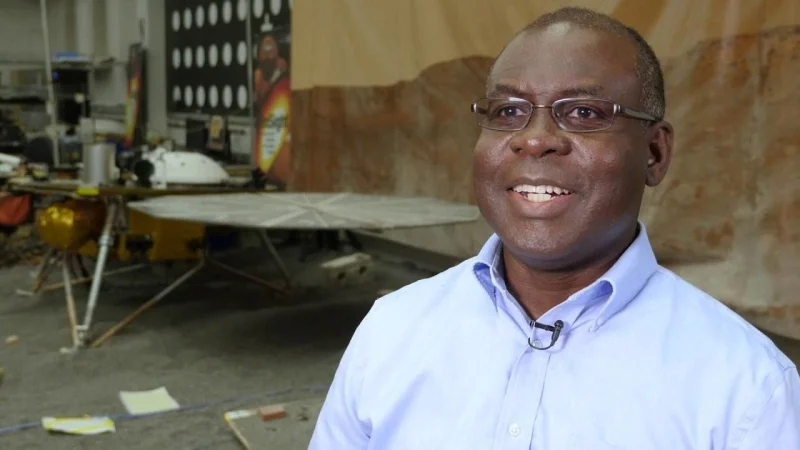Short Summary
James Dwight Dana was an influential American geologist, mineralogist, and zoologist known for his extensive contributions to the understanding of the Earth's crust and the classification of minerals. He gained fame for his comprehensive studies on volcanic activity, mountain formation, and the structure of coral reefs. Dana's work laid important foundations in the fields of geology and mineralogy, and he is remembered for his pioneering research and publications, which continue to influence scientific thought and education in these subjects.
Early Life & Education
James Dwight Dana was born on February 12, 1813, in Utica, New York. His father was a prominent merchant, which provided Dana with a stable and supportive upbringing. He attended Yale College, where he studied under Benjamin Silliman, a significant influence who inspired his interest in the natural sciences. Dana graduated in 1833 and briefly worked as an assistant to Silliman before joining the United States Exploring Expedition from 1838 to 1842 as a mineralogist and geologist. This expedition provided him with valuable field experience and exposure to a wide range of geological phenomena.
Career Highlights
During his career, James Dwight Dana made significant contributions to the scientific community through his roles as a researcher, writer, and educator. He is best known for his work on the United States Exploring Expedition, where he conducted crucial geological surveys. Following the expedition, Dana published several influential works, including "A System of Mineralogy" and "Manual of Geology," which became seminal texts in the field. He served as a professor at Yale University, where he continued to advance geological research and education. Dana's contributions to our understanding of volcanic activity, coral reefs, and mountain building were particularly noteworthy.
Major Achievements
- Authored "A System of Mineralogy," a groundbreaking book that set the standard for mineral classification.
- Contributed significantly to the understanding of volcanic activity and the formation of coral reefs.
- Served as editor of the American Journal of Science, influencing scientific discourse and publication.
- Conducted pioneering research on mountain-building processes and plate tectonics.
- Developed the Dana system of mineral classification, which remains in use today.
Famous Quotes
- "Every great scientific truth goes through three stages. First, people say it conflicts with the Bible. Next, they say it had been discovered before. Lastly, they say they always believed it."
- "The grandest operations, both in Nature and in Art, are those which most nearly approach to simplicity."
Interesting Facts
- He participated in the United States Exploring Expedition, which circumnavigated the globe.
- Dana was one of the first scientists to propose the theory of a slowly cooling Earth.
- He was awarded the Copley Medal by the Royal Society of London in 1877.
- Dana's work laid the groundwork for the development of modern geological thought.
- He was deeply religious and attempted to reconcile science and faith in his writings.
Legacy / Influence
James Dwight Dana's legacy endures through his influential writings and contributions to geology and mineralogy. His systematic approach to mineral classification and his comprehensive studies of geological processes have had a lasting impact on the field. Dana's work continues to be a cornerstone in the education of geologists and mineralogists worldwide. His efforts to blend scientific inquiry with religious belief also paved the way for future discussions on the relationship between science and spirituality.
FAQ
Q: Why is James Dwight Dana famous?
A: He is famous for his pioneering work in geology and mineralogy, particularly his classification of minerals and studies of volcanic activity and coral reefs.
Q: What was one of his significant works?
A: "A System of Mineralogy" is one of his significant works that established a standard for mineral classification.
Q: What expedition did he participate in?
A: He participated in the United States Exploring Expedition, which provided him with valuable field experience.
Q: Did he receive any notable awards?
A: Yes, he was awarded the Copley Medal by the Royal Society of London in 1877.












